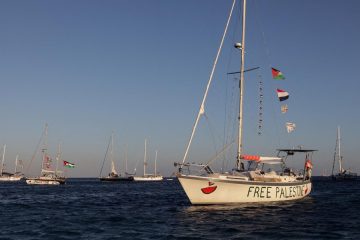Understanding the Veld: South Africa’s Unique Ecosystem

Introduction to the Veld
The veld is a vital ecosystem endemic to South Africa, characterized by its grasslands, shrubs, and diverse wildlife. Recognized for its ecological importance, the veld not only supports varying species but also plays a crucial role in the cultural heritage of the region. With increasing concerns over climate change and land use, understanding the veld is more relevant now than ever.
Characteristics of the Veld
The term ‘veld’ refers to open, uncultivated country or grassland in South Africa. It can be divided into three main types: highveld, middleveld, and lowveld. Each type varies in altitude, rainfall, and vegetation. Highveld, found at elevations above 1,500 meters, is characterized by fertile soil and vibrant plant species. In contrast, the lowveld, which includes areas such as Kruger National Park, has a hotter and drier climate with a rich array of fauna, including the ‘Big Five’: lions, leopards, rhinoceroses, elephants, and buffalo.
Current Events and Conservation Efforts
Recently, conservation initiatives in South Africa have gained momentum aimed at preserving the veld ecosystem. The increasing threat of invasive species, habitat encroachment due to urbanization, and climate-related challenges necessitate coordinated efforts. Organizations like the South African National Parks and various NGOs have put forth strategies which include controlled burns, anti-poaching units, and community education programs to foster a greater appreciation for this unique ecological zone.
Significance for Local Communities
The veld is not merely a biological treasure but also holds significant cultural value for South African communities. Indigenous tribes, such as the Zulu and Xhosa, have traditionally relied on the veld for subsistence farming, herbal medicines, and cultural practices. Its preservation is, therefore, not only about wildlife but also about safeguarding the heritage and livelihoods of these communities.
Conclusion
As discussions about sustainability and ecological preservation become increasingly critical, the importance of the veld in South Africa cannot be overstated. By understanding its dynamics, we can appreciate the intricate balance needed to sustain both the ecology and the people who depend upon it. Continued awareness and efforts to protect this unique ecosystem are essential not just for South Africa but for global ecological health.







